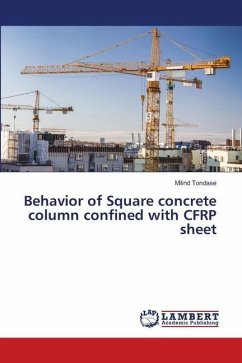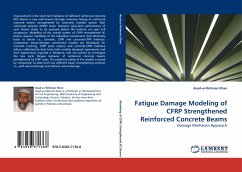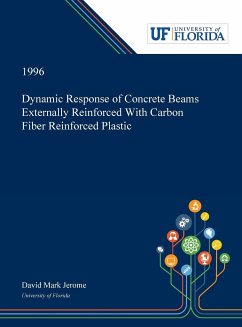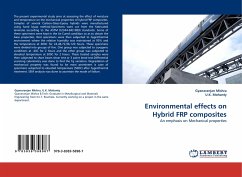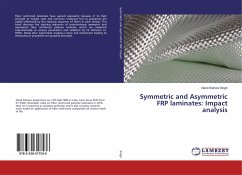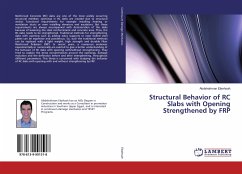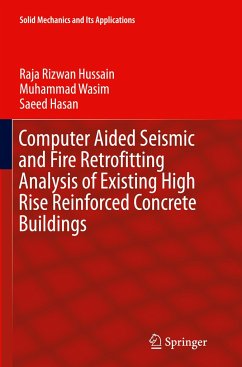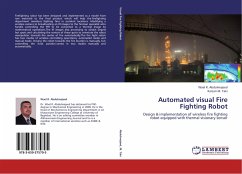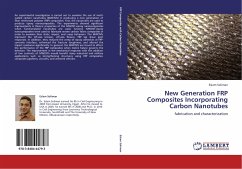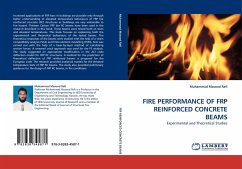
FIRE PERFORMANCE OF FRP REINFORCED CONCRETE BEAMS
Experimental and Theoretical Studies
Versandkostenfrei!
Versandfertig in 6-10 Tagen
32,99 €
inkl. MwSt.

PAYBACK Punkte
16 °P sammeln!
Increased applications of FRP bars in buildings are possible only through better understanding of elevated temperature behaviours of FRP bar reinforced concrete (RC) structures as buildings are very vulnerable to fire hazard. Thirteen Carbon FRP bar RC beams have been used in the research described in this book. These beams were tested both at room and elevated temperatures. This book focuses on explaining both the experimental and theoretical behaviours of the tested beams. The theoretical responses of the beams were studied with the help of a strain compatibility analysis (SCA) and finite el...
Increased applications of FRP bars in buildings are possible only through better understanding of elevated temperature behaviours of FRP bar reinforced concrete (RC) structures as buildings are very vulnerable to fire hazard. Thirteen Carbon FRP bar RC beams have been used in the research described in this book. These beams were tested both at room and elevated temperatures. This book focuses on explaining both the experimental and theoretical behaviours of the tested beams. The theoretical responses of the beams were studied with the help of a strain compatibility analysis (SCA) and finite element modelling (FEM). SCA was carried out with the help of a layer-by-layer method of calculating section forces. A smeared crack approach was used for the FE analysis. The study suggested an appropriate modification in the ACI code deflection model for FRP RC structures. A method for the prediction of theoretical deflection of FRP reinforced beams is proposed for the European code. The research provided analytical models for the elevated temperature tests of FRP RC beams. The study also provided preliminary guidance for the design of FRP RC beams, in fire conditions.




